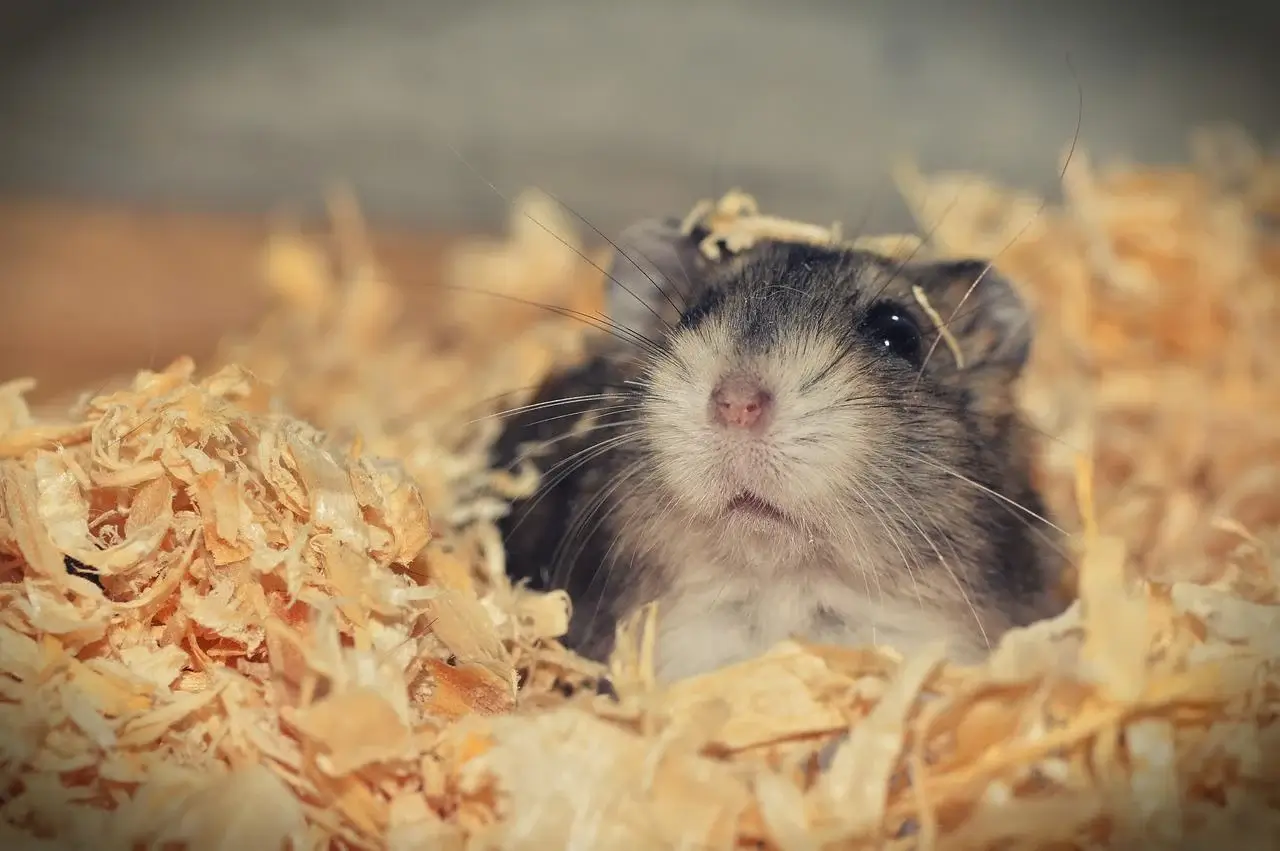As a pet owner, you probably want to know how often your hamster poops.
For how much they normally defecate and how much time it will take you to clean up after them, you’ll want to know the answer to these questions.
Hamsters are just OK if they poop a lot.
Because they are such small animals and have such rapid digestive systems, the food they consume passes through their body in a very short period of time.
To ensure your hamster’s health and well-being, it’s imperative that you know how to keep their cage clean and fresh.
Various factors come into play when the volume of your hamster’s poop is to be considered.
These include:
- Diet
- Age
- Amount of stress
- Current health condition
Though hamsters eat almost the same food items as humans their rate of digestion is faster and as such, they poop more frequently.
A change of diet can also cause a change in poop frequency.
If a hamster is settling into a new environment, this may produce some amount of anxiety and stress.
This will in turn show its effect on bowel movements. As it gets more familiar and comfortable with its surroundings it will poop less.
Poop from a healthy hamster should resemble small, firm pellets and be brown or dark in hue. The feces of hamsters can appear lighter, softer, and runnier on occasion.
Your hamster may be suffering from diarrhea, which may be caused by overfeeding fresh fruits and veggies.
The need for a short-term diet adjustment is possible.
You should see a vet if your hamster’s diarrhea doesn’t go away after you change its food or reduce the number of fruits and vegetables it consumes.
In adult Hamsters, diarrhea is rare.
However, there have been cases where adult Hamsters sometimes eliminate watery loose stools.
Listed below are some of the reasons for diarrhea:
- Urinary Tract Disorder: Movement in our Hamster’s intestines slows down if they suffer from any kind of urinary area infection. Also, it can damage the balance of good bacteria present in their gut.
- Starchy Food: Starchy food items such as chips, bread, and biscuits contain complex carbohydrates, that can lead to loose stools.
- Obesity Or Arthritis: Hamsters tend to eat less if they have any kind of mobility complications.
- Other Health Conditions: Some other health problems such as dental pain can lead to slow movements in the intestine, which in turn can lead to watery stools.
Hamster poop is generally firm, small, and dark-colored but if for some reason your hamster’s poop changes color or texture then you have to be on the lookout.
If its poop is softer, lighter colored, or not in a pellet form then it is probably a sign that your hamster has diarrhea.
These can be handled by reducing its intake of fruits and vegetables for a period of time.
If no change is experienced after this then consult your veterinarian.






